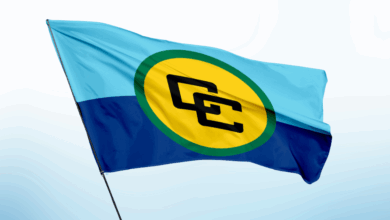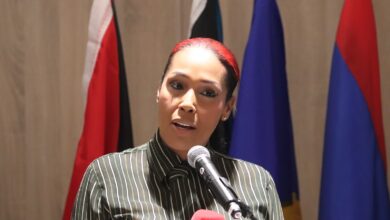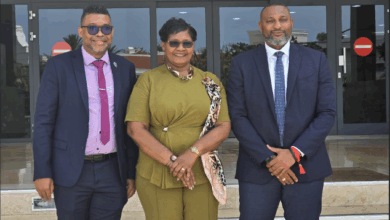GEORGETOWN, Guyana – Much comment has been made, following the recent death of President Hugo Chávez, emphasizing forebodings about the fate of the PetroCaribe initiative and other forms of assistance, including the creation of the Alba; and the effects of any disappearance of these initiatives on the economic welfare of the Caricom countries, among other countries of the hemisphere. A significant part of the comment has given the impression that these initiatives have been a complete novelty, and that their sudden disappearance will be a major catastrophe for the economic circumstances of the countries involved.
Yet it tends to be forgotten that the significant attention which Chávez paid to Caricom and other hemispheric countries were by no means new in Caricom’s post-independence relations with Latin American states, and in effect, really reflected a major change in Latin American countries’ attitudes to the Caribbean particularly in the mid-1970s.
Hitherto, there was much doubt in the Latin American sphere as to whether the independence and sovereignty that the English-speaking states had attained from Britain was real, or whether their governments would turn out to be playthings of the West, as was the perspective of US-Central American and Latin-Caribbean states before Fidel Castro’s ascendancy in Cuba.
Accredited Third StatesGuyanaMemberNewsVenezuela (Bolivarian Republic)





